Author: Kevin McGhee, Wei-Jun Liang, M. David Osselton (ApSci)
Alternative name suggestion: Genomics and Ageing (as a variant or sub-theme perhaps?)
Brief theme summary: Demographically, the town of Bournemouth is enriched with an older, predominantly Caucasian population. Studies already proposed within this blog forum suggest that data of a phenotypic nature is available within the BU community. By introducing genomics as a tool to enhance the understanding of several themes: Ageing, Health and Wellbeing, Culture and Society and Environmental Change and Biodiversity we believe that expertise within the Forensic and Biological Sciences group (ApSci) can create new opportunities for research.
We propose to collect DNA from the Bournemouth geographical area and match this with existing phenotypic data to create a rich knowledge databank that we can share with existing and future genomic collaborative initiatives, leading to high impact papers.
Scope of theme: what is included? Gene x environment interaction; population genetics; psychological genetics; cognitive genetics; cancer genetics; cardiovascular genetics; genetics of ageing; biological ageing; toxicogenomics, functional genomics; cellular ageing; Alzheimer’s; dementia.
Scope of theme: what is excluded? Not entirely sure – open for discussion.
Which big societal questions are addressed by this theme?
Societal question: What is my risk of developing an illness e.g. Cardiovascular disease*? It is known that fatty streaks can appear on the major arteries of children as young as one year old. Through environmental influences such as diet, nutrition, exercise and co-morbidity, the risk of an individual child developing atherosclerosis in later adult life can change in response to a number of lifestyle factors. However, at a cellular level individual variation in genes involved in atherosclerosis pathogenesis influence how one’s lifestyle factors modify that risk (and vice versa). By combining data from health science, social science and psychology with biological data such as DNA, a greater understanding of the profound interaction between genes and environment can be achieved (*This can be substituted for any disease of your choice).
Can you pose these questions? If the phenotypic data is already available (i.e. social, health status, psychological study) then yes we can. In collaboration with HSC, DEC and others we would have to obtain DNA from individuals from the Bournemouth area and then link the genomic data with the phenotypic data. This will require enormous computing power and experts in e.g. the statistical package ‘R’ as well as genomics expertise from ApSci
How do these link to the priorities of the major funding bodies?
Of the seven research councils forming RCUK, two have current themes on genomics and ageing (BBSRC and MRC) and one further council’s (ESRC) theme investigating social science and culture and science. The MRC has recently closed the Phase III call with Phase I seeing the creation of three fully funded centres: Edinburgh, Newcastle and UCL. The Edinburgh centre already has a paper in press (Molecular Psychaitry) combing a Genome Wide Association Study (GWAS) with a vast array of phenotypic data, of which McGhee is a co-author (Davis et al, 2011). By combining data on the local population already available within eg HSC, with the proposed collection of DNA from Bournemouth and surrounding areas, it allows BU to enter collaborations on an international scale addressing the ‘big questions’ posed by the thress councils above.
Furthermore the Wellcome Trust’s strategic plan 2010-2020 has five main themes:
- Maximising the health benefits of genetics and genomics
- Understanding the brain
- Combating infectious disease
- Investigating development, ageing and chronic disease
- Connecting environment, nutrition and health
Under the proposed BU theme of ageing, at least four out of the five Wellcome themes above can contribute to some aspect of ageing whilst facilitating multi-disciplinary research between schools and indeed, other institutions. By creating a repository of genomic and phenotypic information, it allows BU to enter collaborations with research intensive universities, increasing our prospects for high impact papers.
Reference: Gail Davies, Albert Tenesa, Antony Payton, Jian Yang, Sarah E. Harris, David Liewald, Xiayi Ke, Stephanie Le Hellard , Andrea Christoforou, Michelle Luciano, Kevin McGhee, Lorna Lopez, Alan J. Gow, Janie Corley, Paul Redmond, Helen C. Fox, Paul Haggarty, Lawrence J. Whalley, Geraldine McNeill, Michael E. Goddard, Thomas Espeseth, Astri J. Lundervold, Ivar Reinvang, Andrew Pickles, Vidar M. Steen, William Ollier , David J. Porteous, Michael Horan, John M. Starr, Neil Pendleton, Peter M. Visscher, Ian J. Deary. 2011. Genome-wide association studies establish that human intelligence is highly heritable and polygenic. Molecular Psychiatry (in press)
How does this theme interlink with the other BU themes currently under consideration?
Ageing links with the BU themes: Health and Wellbeing, Culture and Society and even Environmental Change and Biodiversity, opening up further avenues for funding. It takes little imagination to identify ageing with health and wellbeing but with culture and society this may require some more imagination. For example, by comparing different populations e.g. China and UK and looking at both their environmental and social structure we can then infer how these variables combined with genomics have an impact on health and wellbeing as well as healthy ageing.
By stretching our imagination even further, it is possible to link Environmental Change and Biodiversity with Ageing. For example, one could take the view that as an individual grows older the environment, in which they live both locally and globally, is constantly under change. Sustainable fish stocks as a topical example has an effect both environmentally within the world’s oceans but also affects humans as a source of food and nutrients. It would be interesting to research how the ageing process and cognitive outcome of a five year old child now will be in 60 years’ time when compared to a 65 year old individual now and the foodstuffs available to them as a five year old child in 1951. Environmental, Biochemical, Genetic and Toxicological studies can all contribute to this theme.
This is obviously only one example of how several research themes can join together and we welcome discussion from colleagues on the suggestions we have raised.
 Just published! A chapter entitled, ‘Turning Research into Film’, by Kip Jones and Trevor Hearing has just been published in Sage’s
Just published! A chapter entitled, ‘Turning Research into Film’, by Kip Jones and Trevor Hearing has just been published in Sage’s 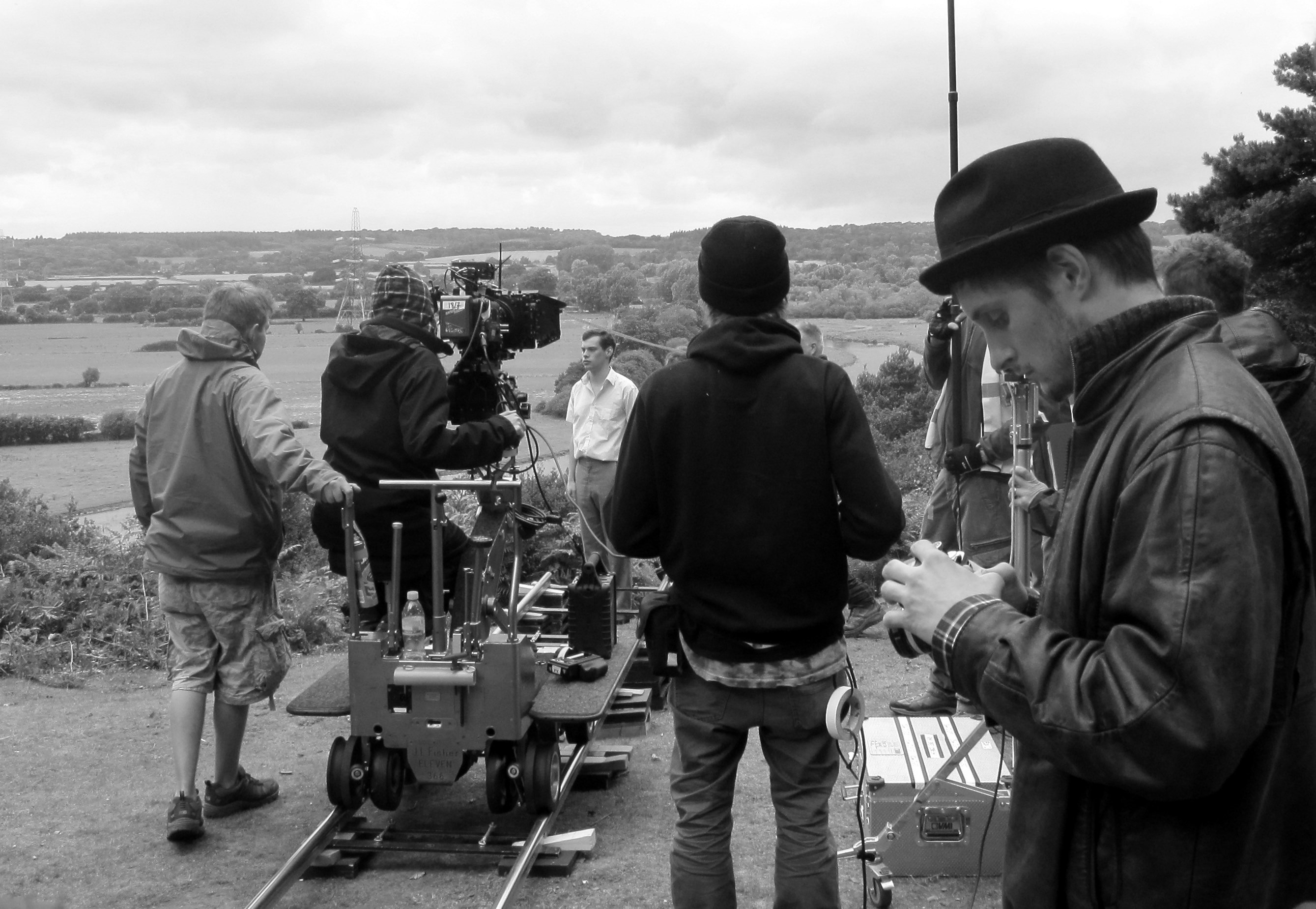


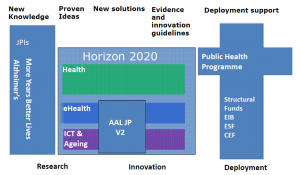

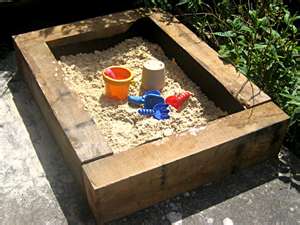






 Research by
Research by 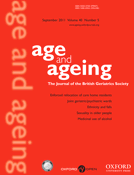 Prior to this project Samuel undertook a systematic review of older people’s participation in falls prevention interventions. Earlier this year Samuel presented this research at a symposium in Italy for the European Congress of the International Association of Gerontology and Geriatrics, which he also co-chaired. He will also present this work as one of the six selected oral presentations at the forthcoming
Prior to this project Samuel undertook a systematic review of older people’s participation in falls prevention interventions. Earlier this year Samuel presented this research at a symposium in Italy for the European Congress of the International Association of Gerontology and Geriatrics, which he also co-chaired. He will also present this work as one of the six selected oral presentations at the forthcoming 













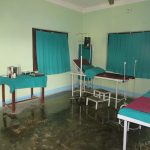 BU professor speaking at Aberdeen Centre for Women’s Health Research (ACWHR)
BU professor speaking at Aberdeen Centre for Women’s Health Research (ACWHR) Reminder: Opportunity to get more involved in preparing Social Work and Social Policy REF 2029 submission – impact and engagement
Reminder: Opportunity to get more involved in preparing Social Work and Social Policy REF 2029 submission – impact and engagement Open access for books tool
Open access for books tool New seed fund for public engagement with research: open for applications
New seed fund for public engagement with research: open for applications Horizon Europe News – December 2023
Horizon Europe News – December 2023